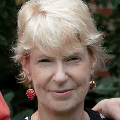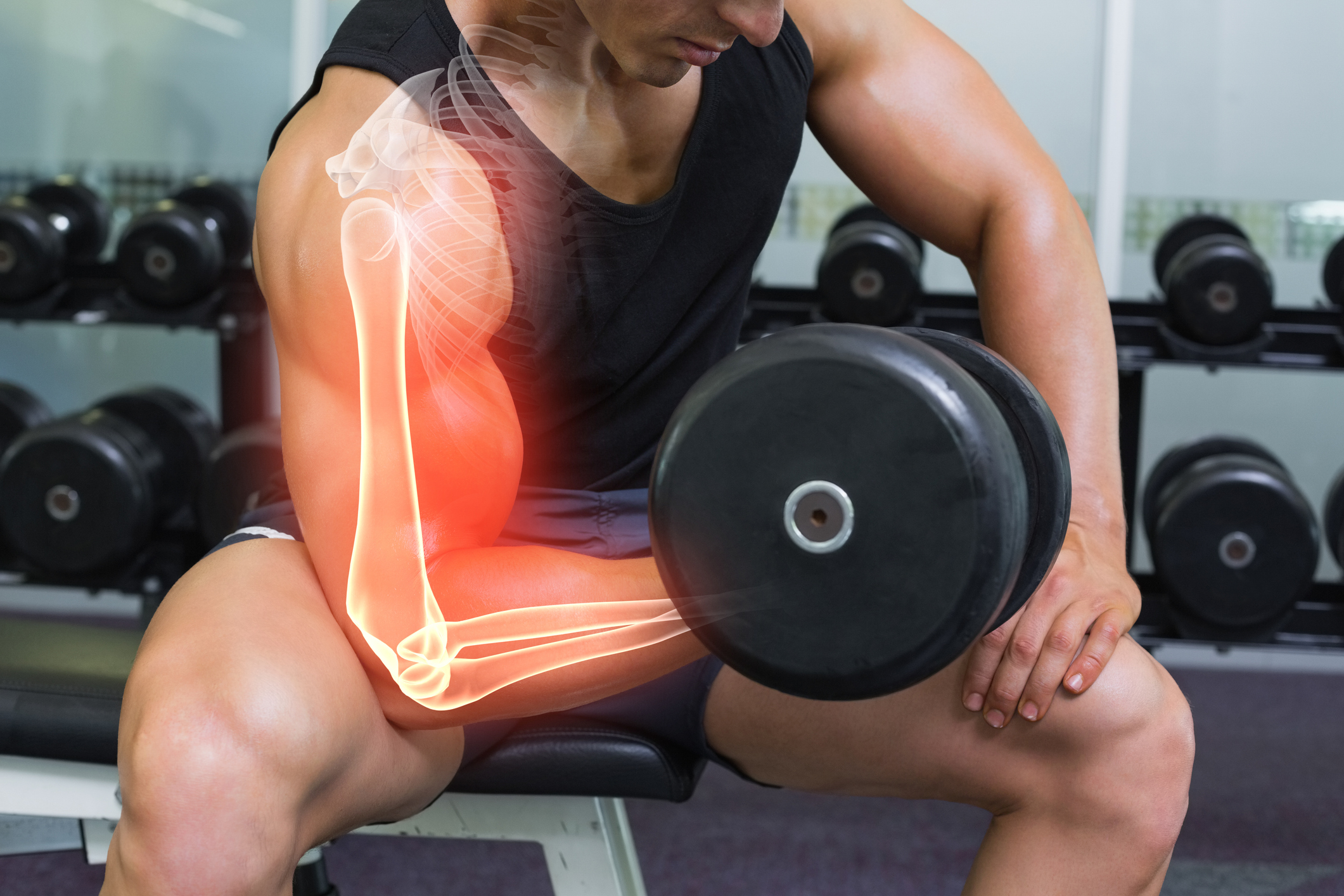Despite the broad benefits of exercise to bone health, athletes from some sports fare better than others. Athletic training and performance can also be completely derailed by bone stress injuries, which have multifactorial contributors of which bone health is key. Energy availability, bone-loading exercise and vitamin D are known to influence bone health, but even with these optimized, bone issues can still remain.
Research studies observing endurance training (running and cycling) have noted an acute drop in serum ionized calcium early in an exercise bout. This change is associated with an increased parathyroid hormone concentration and increases in the bone breakdown marker C-terminal telopeptide of type I collagen. This has given rise to the theory that bone is being used as a reservoir of calcium to maintain stable levels in the blood. It is thought that the calcium “borrowed” over time for this purpose may not be fully “paid back” and may contribute to bone health issues in these athletes.
The theory is supported by a series of studies showing the drop in serum ionized calcium is attenuated by providing pre-exercise calcium intake, either intravenously or orally through a supplement or diet. This finding may provide an additional strategy for athletes to protect their bone health over and above adequate energy intake, overall daily calcium intake and vitamin D status. These studies, however, have focused on single exercise bouts of cycling or running and do not represent the more typical training pattern of athletes who may train two to three times each day.
In our study, published in Medicine & Science in Sports & Exercise®, we aimed to replicate a more typical training day by including more than one training session. We also chose a novel sport by using rowing, a non-weight-bearing sport where bone stress injuries have a negative effect on the ability to train and perform to potential. This is an issue from the sub-elite to the elite level within the sport. This study is unique in that top-caliber athletes from the Australian rowing team were able to participate. Unfortunately, due to COVID-19 travel restrictions at the time of the study, only male rowers were able to participate.
The current study adds to the research by extending monitoring over two training session, representing a more typical training day. Dietary intake was standardized for the 24 hours prior to the test, and all food was provided on the testing days. Pre-exercise calcium intake was set at 1,000 mg for the high-calcium group and less than 10 mg for the control group, and was easily achieved and tolerated through diet. This was provided in the form of a bowl of Bircher muesli and a toasted ham-and-cheese sandwich. The low calcium intake was achieved using a nondairy milk and yogurt, and vegan cheese.
The key findings were that, rather than the effect diminishing when multiple training sessions were undertaken, these changes are maintained through a training day and become potentially more important given the attenuation of bone breakdown over 7+ hours rather than 1-2. While the question remains as to whether this is ultimately beneficial to bone health over weeks and months, it adds a valuable step forward in our understanding and provides a safe new strategy for athletes to try.

Bronwen Lundy, PhD, is a sports dietitian who has been embedded in the Australian rowing team for the past 11 years. She has worked at the Australian Institute of Sport, the English Institute of Sport and with professional sports teams in the Australian rugby union and rugby league competitions. She is a member and previous director of Sports Dietitians Australia. She has recently completed a Ph.D. under the supervision of Louise Burke and John Hawley investigating nutrition factors relating to bone injury in rowing.

Louise Burke, PhD, is a sports dietitian with 40 years of experience in the education and counselling of elite athletes. She was head of sports nutrition at the Australian Institute of Sport and the team dietitian for the Australian Olympic Teams (1996-2012). She is currently chair in sports nutrition in the Mary MacKillop Institute of Health Research at Australian Catholic University with over 350 papers in peer-reviewed journals and is an editor of the International Journal of Sport Nutrition and Exercise Metabolism. Louise was a founding member of the Executive of Sports Dietitians Australia and is a director of the IOC Diploma in Sports Nutrition and ACSM member. She was awarded a Medal of the Order of Australia in 2009 for her contribution to sports nutrition.
Viewpoints presented in SMB commentaries reflect opinions of the authors and do not necessarily represent ACSM positions or policies. Active Voice authors who have received financial or other considerations from a commercial entity associated with their topic must disclose such relationships at the time they accept an invitation to write for SMB.



